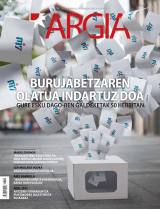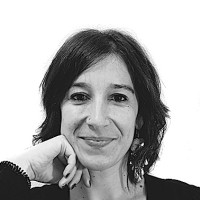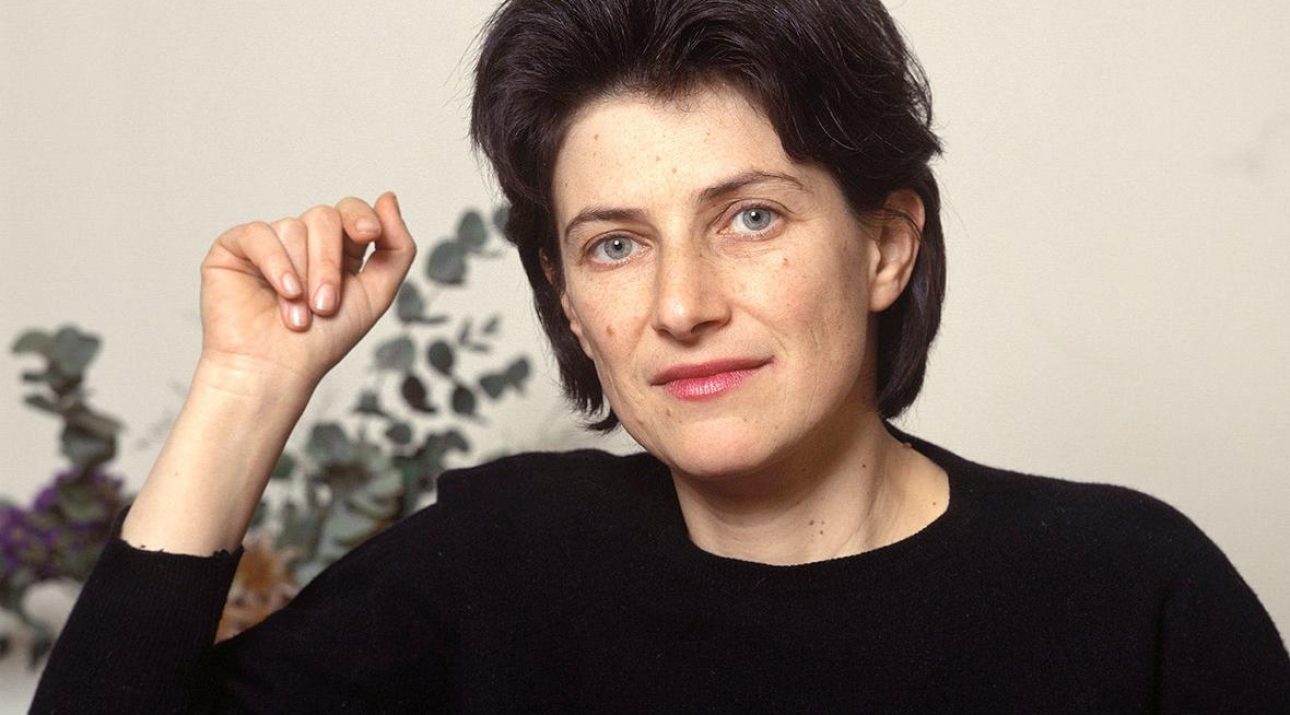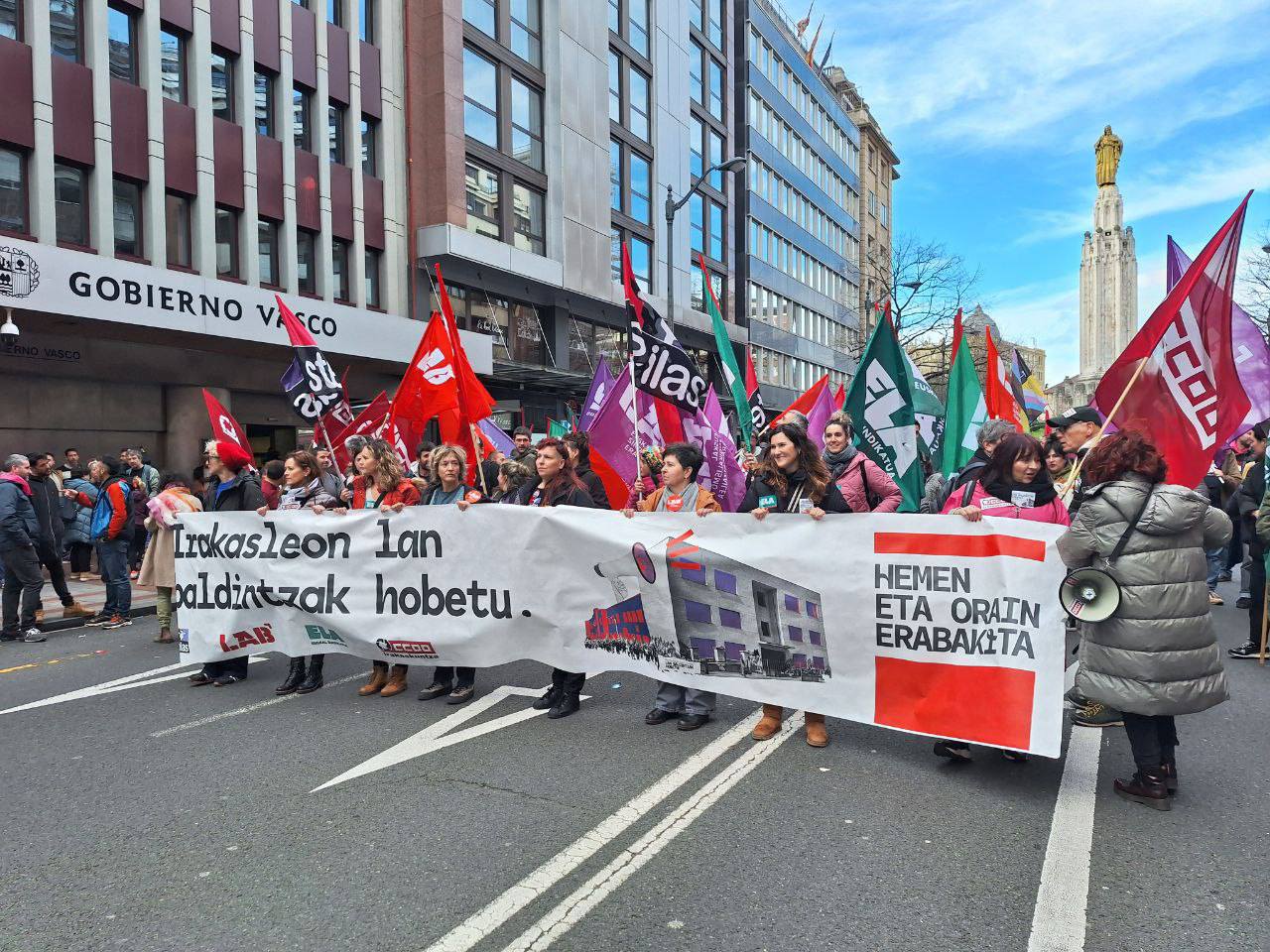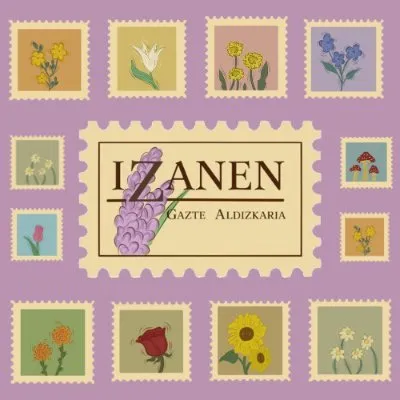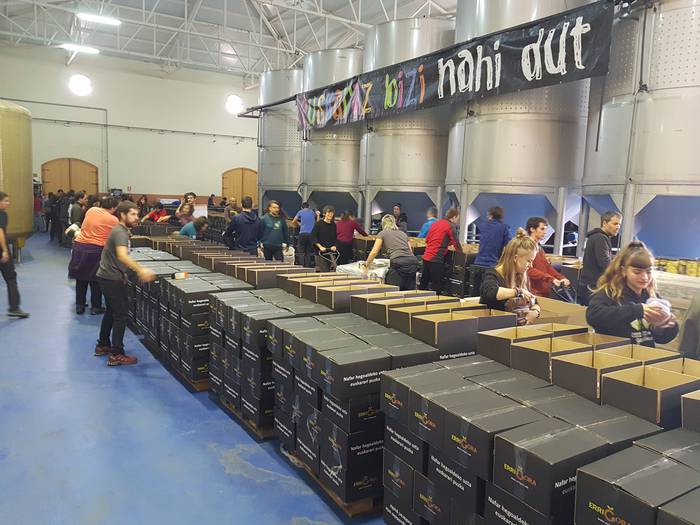"In Euskal Herria we do a little less meetings and we see too much television"
- In industrial engineering, Eleder Aurtenetxe Pildain undertook a specialty of business organization or, as one of his professors said, whiskey engineering, because the engineers who represent the companies do so, between cups, in the commercial work of large machines. He has taught as a professor of business and technical organization. However, it is considered a facilitator who prefers dialogue between people and self-organization to solve problems.

Your concern and your hobby is the conversation.
Creativity and learning are my drivers. Within it, dialogue is a fantastic, simple, useful and beautiful tool. I prefer oral to written expression. I also like to read and write, but the roads are much slower. I love talking, meeting people and bridging people. Once a computer scientist told me that it was a hub that put people in touch with each other.
What are open spaces?
As a method, the Open Space Technology is a way to organize long meetings of large groups. It's based on self-training, because life is continuously self-regulating. The best way to act on complex, urgent and conflicting issues is to take a long time, one or two days, and invite as many people as possible to meet the most opposing positions possible. In open spaces the agenda is blank, people compose it and it is a very productive, loving and agile technique to learn from each other. We are increasingly lovers of open meetings and we are in the Friends of the Open Space group.
But most of the optimization methods of current meetings are looking to get concrete results in a short time. How does this combine with the open meeting and the white agenda?
Meetings can be done in many ways, but suppose we have a complicated issue, that many agents have opposing positions, that the solution is urgent. I assure you that if they are made in an open meeting format, the agents will be much more active, thinking that it has been worth it. Will you get the solution? Maybe not, but not otherwise. If it brings together many and varied actors, listening to each other, new ideas can be taken out and decision-makers can make better decisions, it will be better for the solution of the problem. It will be difficult to unite everything and draw conclusions, that is why a conference is often held and when they say “these are the consequences”... that is a fiction, only the view of who has written the report or who has had it in mind, the other participants will draw other conclusions. There are many directions in life, and that does what's beautiful.
It is said that many meetings are held in the Basque Country. Do we get the Basques meeting right?
There's everything. Passion and responsibility are the two fundamental pillars. If you go forward and worry a little bit about what needs to be done after the meeting, it will be very productive. In Euskal Herria, we see too much television and too little meeting.
There's a terrible figure that's going to be heard in big meetings.
If we leave that person alone, after the problem is over. People are free to go somewhere else, they stay obedient. Everything is related to education, school and society, and obedience has been imposed on us by the Church. In open space meetings there is only one law, that of the two feet: if the person who is listening gives you nothing, he uses his feet to go somewhere else, because in open spaces several meetings are held at once. However, in a formal space that must be obligatory, it cannot do so.
What are i-meetings?
Meetings in progress. In the office, instead of meeting in the bar, over time, we can do walking meetings. It gets us moving in a different way, you can create surprises, finding friends along the way. It's the movement of the head and, at the same time, of the body. Our friend Iñigo Retolaza and I have started the Berbaroa project, around this question: What do we have to do to improve the culture of dialogue in Euskal Herria? And we spent a week in Ipar Euskal Herria analyzing the issue of the i-meeting.
You have also been conducting a programme of interviews with Berbaz on the radio Bilbao Hiria. How would you define it?
They're one-hour talks of duration, quiet, learning, to meet the person. I'm not looking for anything precise. They're often friends who move in public space, and when I bring them to the session, I want to meet them in order to learn more.
Use a very curious tactic with guests: invite them to eat.
I am not a journalist and I do not want to spend too much time searching for documentation. I make a documentation meal that I trust and inform myself. This is done easily and sometimes wine helps. I make a little mental map before I record the session, and then the conversation follows its course.
You mentioned mental maps and you have a blog with the same name. What are mental maps?
These are hierarchical schemes of written expression of ideas that favor memory and creativity. They're very visual, in the middle there's a colorful image indicating the theme and creating branches and sub-branches with keywords. Partnerships help us memorize and generate new ideas.
“Bilbon jaio eta txikitatik Zazpi Kaleetan bizi ostean, duela zazpi urte Mundakara bizitzera joan ginen, herriarekin aurretik loturarik ez bagenuen ere. Bilbon Bihotzean auzo elkartean ibilia nintzen eta Mundakan zerbait antolatu nahi nuen. Hirian aktibismoa dago, gaikako talde asko; herrian dena da bat. Badira familiak, tabernak, lonjak eta txokoak, baina kezkak badituzu eta ez bazaude egitura informal horietako batean… Posta zerrenda bat abian jartzea bururatu zitzaidan, kezkak, iritziak plazaratzeko. Oso baliagarria suertatu da ‘Mundakako plaza’ taldea, izan ere, plaza irekian iritzi soziopolitikoak emateko ohitura gutxi dago Euskal Herrian, familian eta lagunartean geratu ohi dira”.
2025-2026 ikasturterako matrikulazio kanpaina hasi baino bi aste lehenago, Hezkuntza Saileko arduradunengana jo genuen, itunpeko eskoletako gelen ituntze maila ez delako egokitzen demografiaren jaitsierara eta indarrean dagoen lege esparrura.
Hiri gehienetan arazo orokorra... [+]
Antifaxismoari buruz idatzi nahiko nuke, hori baita aurten mugimendu feministaren gaia. Alabaina, eskratxea egin diote Martxoaren 8ko bezperan euskal kazetari antifaxista eta profeminista bati.
Gizonak bere lehenengo liburua aurkeztu du Madrilen bi kazetari ospetsuk... [+]
Unibertsitateko ikasleen artean, maiz topatzen ditugu beste lurraldetakoak ere, bereziki gradu ondorengo ikasketetan. Topaketa horiek badira errealitate berriak ezagutzeko bide, baita besteak entzun eta besteez ikasteko parada ere. Garapenerako lankidetzari loturiko gaiak izan... [+]
Harrera-herri euskaldun nola izan gaitezkeen galdetu zion Leire Amenabarrek bere buruari eta parean zituenei iaz, Gasteizen, harrera-hizkuntzari buruzko jardunaldietan, eta galdera horrexetan sakontzeko elkartu gara berarekin hilabete batzuk geroago. Amenabarrek argi du... [+]
Martxoaren lehenengo lanegunarekin batera, komunikabideetan azalduko ez diren aldaketak etorri dira EHUn. Azken Lan Publikoko Eskaintzaren ondorioz, ehunka langile –arlo tekniko eta administrazio zerbitzutakoak– orain arte okupatzen zuten lanpostutik atera eta beste... [+]
Eskolako zenbait gurasok euskalduntzeko egindako ahalegina ikusarazi, eta hezkuntza komunitatean euskararen aldeko jarrerak piztu. Helburu horiekin bultzatu du Autobiografia Linguistikoak ekimena Ramon Bajo ikastetxeko Basartea gurasoen elkarteak, Gasteizko Alde Zaharrean. Pozik... [+]
Donostiako Tabakaleran, beste urte batez, hitza eta irudia elkar nahasi eta lotu dituzte Zinea eta literatura jardunaldietan. Aurten, Chantal Akerman zinegile belgikarraren obra izan dute aztergai; haren film bana hautatu eta aztertu dute Itxaro Bordak, Karmele Jaiok eta Danele... [+]
Pertsona lodiek lodiak izateagatik bizi izan duten eta bizi duten indarkeriaren inguruan teorizatzeko espazio bat sortzea du helburu ‘Nadie hablará de nosotras’ podcastak. Cristina de Tena (Madril, 1990) eta Lara Gil (Fuenlabrada, Espainia, 1999) aktibista... [+]
Eskola inguruko natur guneak aztertu dituzte Hernaniko Lehen Hezkuntzako bost ikastetxeetako ikasleek. Helburua, bikoitza: klima larrialdiari aurre egiteko eremu horiek identifikatu eta kontserbatzea batetik, eta hezkuntzarako erabiltzea, bestetik. Eskola bakoitzak natur eremu... [+]
LABek, STEILASek, ELAk eta CCOOek greba egutegi bateratua aurkeztu dute Bilbon: martxoaren 25, 26 eta 27, eta apirilaren 1 eta 2. Egungo hitzarmenak aldarrikatutako edukietatik urrun kokatzen direla adierazi dute, "bai sukaldearen eta garbiketaren kolektiboan zein... [+]
Euskal Herriko literatura gaztearen eta idazle hauen topagune bilakatu nahi den proiektu berriaren inguruan hitz egingo dugu gaur.
Barakaldoko ospitaleko larrialdi zerbitzuan sufritzen ari diren "saturazioa larria" dela ohartarazi du sindikatuak. Pazienteak korridoreetan artatu dituztela eta krisia kudeatzeko "behar adina langile" ez dagoela salatu du. Errealitate horren aurrean... [+]
"No entiendo, en castellano por favor" eta gisakoak ohikoak dira eskolako guraso Whatsapp taldeetan, baina Irungo Txingudi ikastola publikoan euskara hutsean aritzeko modu erraz eta eraginkorra dute, behar duenarentzat itzulpen sistema berehalakoa ahalbidetuta.
Martxoaren 10etik 26ra izango da udaberriko kanpaina. 'Beste modura, denona de onura' lelopean arituko dira gertuko ekoizpena, banaketa eta kontsumoa babestu eta sustatzeko, ager zonaldean euskara hauspotzen duten bitartean. Apirila amaieratik aurrera jasoko dira... [+]









